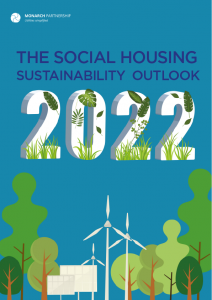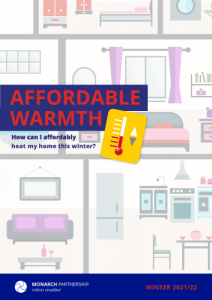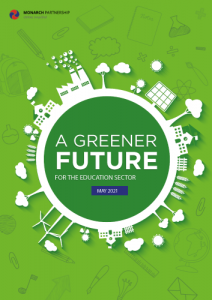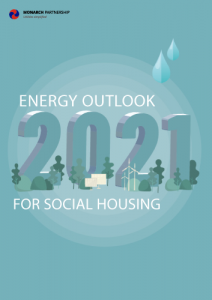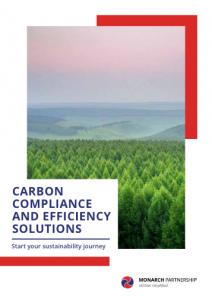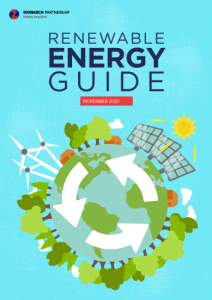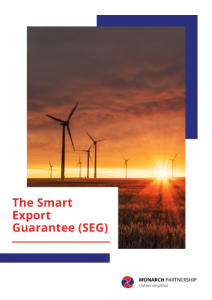Monarch clears the smoke surrounding the dip in global oil markets, the renewed talks between Russia and Saudi Arabia and what it could mean for crude during and after the COVID-19 crisis.
A tale of two cities
The news of an oil price war between Moscow and Riyadh has, to some extent, gone slightly unnoticed against the backdrop of COVID-19 and the subsequent lock-down it has provoked. However, the global energy industry has been on the back foot since both parties attempted a bid for market share dominance by increasing their production by several million barrels per day, though Russia did so in response to Saudi Arabia’s opening shot.
Until recently, Saudi Arabia had always enjoyed a historic role as the global swing-producer of oil, this role is usually conferred to the nation or state with the largest proven oil reserves.
The power granted by this role is critical in global oil trade, by having such an overwhelming majority in global supplies, Saudi Arabia was granted the ability to balance global market values by saturating or depriving supply as necessary.
However, after a breakdown of communications between Saudi Arabia and Russia last month, Saudi Aramco declared that they would increase production to 12.3m barrels per day in April, thereby risking over-supplying the market.
The oversupply of oil alone is not unprecedented, it is why a swing-producer had been so vital until now, but the timing could not have been worse. One of the consequences of the COVID-19 pandemic has been a sharp decline in air travel, freight and other means of transportation. Naturally, this correlates with an equal fall in fuel consumption and specifically petrochemicals which account for 55% of all global transportation.
What has ensued is a speculative game of chicken, both Russia and Saudi Arabia waiting to see which would blink first, with the global oil market hanging in the balance.
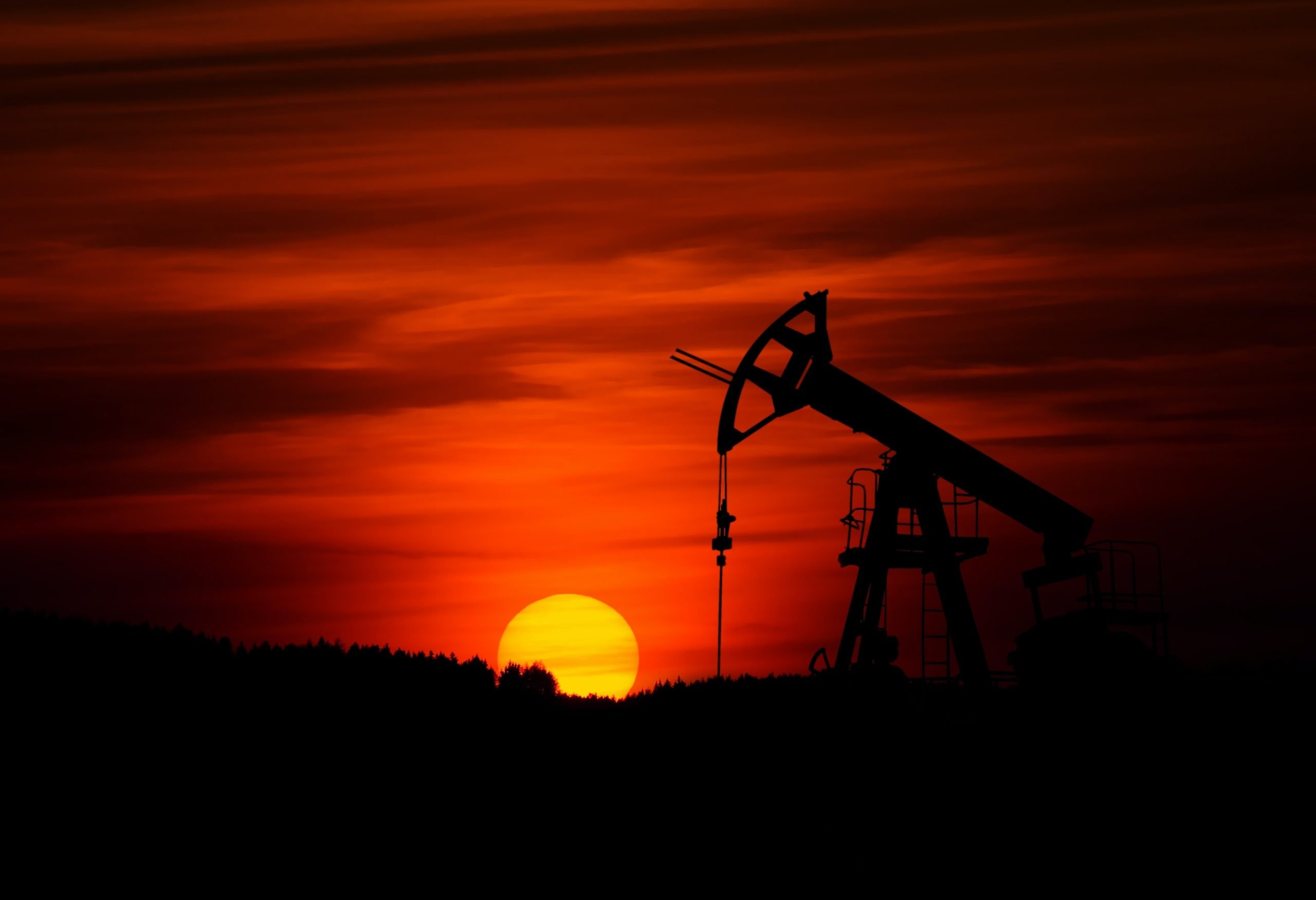
The communication ground to a halt after Russia refused to continue production cuts, that were initiated three years ago, on the grounds that they had most benefited US Shale interests.
Saudi Arabia responded by doubling down on their own production capacity which, coinciding with the spread of COVID-19, sent oil prices into free-fall, seeing Brent Crude’s lowest valuation in 18 years.
While the price of Brent Crude has stabilised since, thanks largely to US President Donald Trump advocating, via Twitter, for an amicable resolution between the two parties, soon after his endorsement, the price of Brent skyrocketed by 30% of its previous figure.
Trump’s production-cut rumours also carried further operational issues considering the significance of a 10-15 million barrels per day (bpd).
“With a combined total production of 20-23 mln bpd between the Russian Federation and House of Saud, the US’ suggested supply reductions would amount to 50% cuts for each producing nations – significantly impacting those country’s revenue streams”
-Serge Mazodila, Monarch’s Head of Trading and Risk Management.
Unfortunately, it doesn’t seem that a permanent solution is forthcoming since talks are still ongoing and Russian Energy Minister, Alexander Novak, has displayed great confidence in the Russian economies endurance should the price war continue:
“…despite the decrease of prices and volatility that we are witnessing today, our sector stays competitive.”
-Alexander Novak
Monarch are committed to arming and empowering our clients with the latest news from the energy and utilities sectors, especially during this time of crisis, and we will continue to provide this news via our website which you can visit here.








